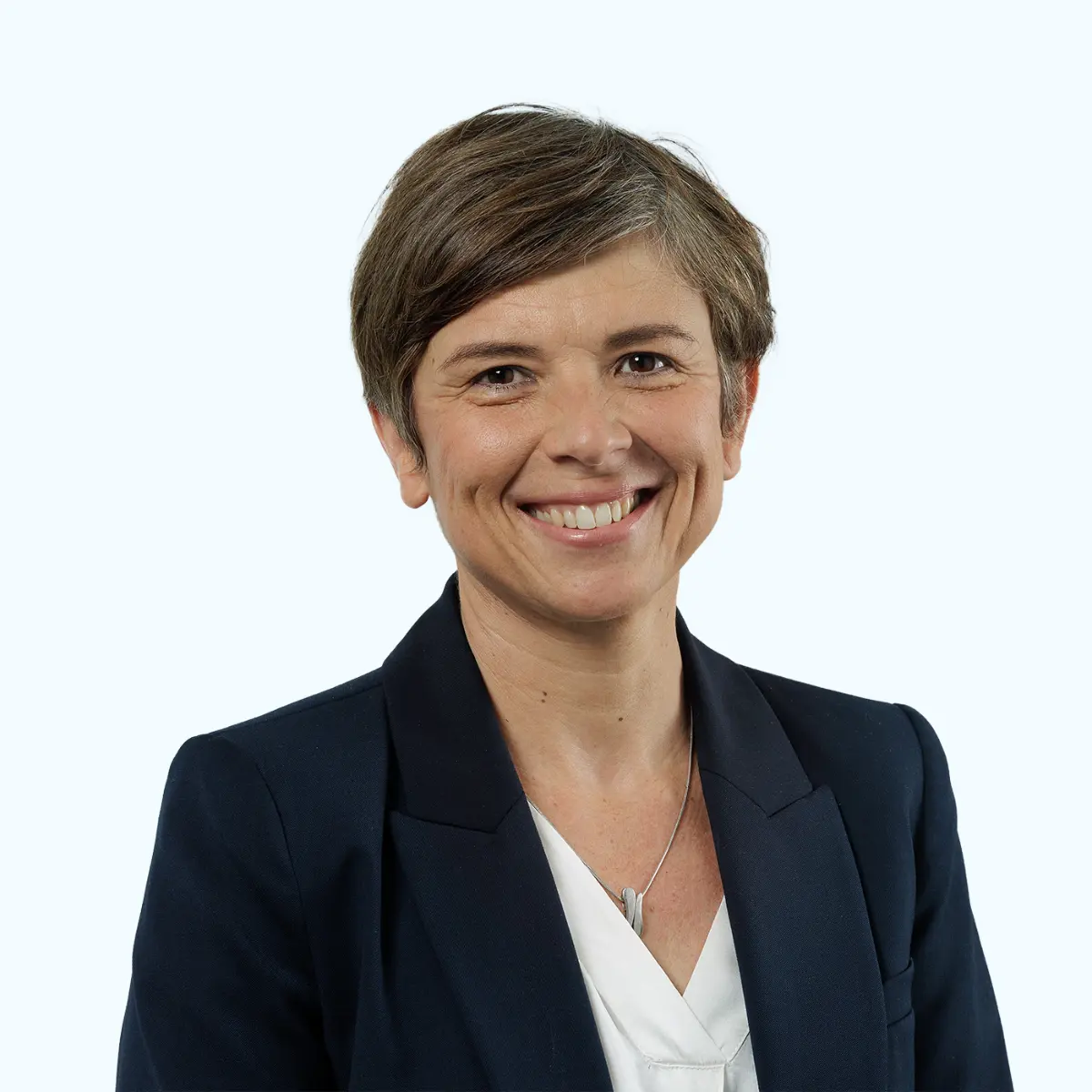Consider two software systems that perform the same function, say, text editing. Even though they fulfill the same purpose, the way they process commands, their user interfaces, and underlying algorithms could be unique. These differences reflect the originality in copyright, providing grounds for IP protection.
Originality: the key to Software Copyright protection
Software developers put countless hours into coding, testing, and refining their products, only for them to be potentially copied or stolen. Protecting software from such vulnerabilities depends on establishing a valid copyright, and this is where originality becomes vital.
For a piece of software to be copyrighted, it must consist of original work. It does not mean that the software has to be revolutionary or novel; instead, it should reflect the individual creativity and effort of its creator. It’s like an artist painting a sunset: thousands of sunset paintings may exist, but each one can be copyrighted because each is the product of a unique perspective and artistic interpretation.
How “originality in copyright” impacts the software industry
The significance of originality in copyright extends beyond individual software creators. It’s a pivotal factor in shaping the software industry as a whole.
Imagine a scenario where a company, after investing significant resources into the development of an innovative software application, finds that a competitor has replicated their product without incurring any research or development costs. Not only does the original creator lose potential profits, but this scenario also discourages innovation in the software industry. Why would a company invest in research and development when their efforts can be easily duplicated?
However, by maintaining a strict standard of “originality in copyright,” we can foster an environment where creativity is protected and rewarded, promoting healthy competition and continued advancements in the software industry.
Real-world examples of originality in software copyright
In the landmark case of “Apple Computer, Inc. v. Microsoft Corp.”, Apple sued Microsoft for copying the “look and feel” of its Macintosh OS in Windows 2.03 and earlier versions. Apple’s argument relied on the concept of originality in copyright, asserting that the visual display of their operating system was a unique and copyrightable element.
Although the court ruled in favor of Microsoft, stating that many of these elements were generic and therefore uncopyrightable, the case sparked conversations about the extent to which software could be considered original and thus protected by copyright law.
In another case, “Oracle America, Inc. v. Google, Inc.”, Oracle accused Google of violating their copyright by using Java APIs in the Android operating system. The case delved into the concept of originality in software copyright, highlighting that even small components like APIs could be considered original if they involved a significant degree of creativity.
These cases underline the importance of originality in copyright in the software industry, emphasizing that every piece of software has unique aspects that need to be identified, protected, and respected.
The future of originality in copyright
As we move further into the digital era, the concept of “originality in copyright” for software will continue to evolve. With emerging technologies like artificial intelligence and machine learning, we’re seeing the creation of complex software that raises new questions about what constitutes originality.
For instance, consider an AI algorithm that creates its own, entirely original piece of software. Would the copyright belong to the creator of the AI, or the AI itself? And would the AI-generated software be considered truly original? These are questions we will grapple with as technology continues to progress.
Conclusion
In conclusion, originality is not just a marker of uniqueness in software development but a shield that safeguards a developer’s hard work, creativity, and investment. Through the lens of “originality in copyright,” we ensure the continued evolution of the software industry, fostering an environment that values and protects innovation.
Securing originality in copyright for software is an increasingly significant challenge, given the complexity and pace of technological advancement. However, by understanding and respecting the principle of originality, we contribute to a software development landscape that is fair, rewarding, and bursting with potential for continuous innovation.
Secure your software’s future with Vaultinum
For those seeking to protect their software and uphold the principle of “originality in copyright,” look no further than Vaultinum. Since 1976, we have been at the forefront of safeguarding software copyright, offering secure deposit services that serve as proof of your creative endeavor. By securely storing your software with us, you are not just protecting your code; you’re preserving your originality, investment, and intellectual rights. Embrace the future of software with the confidence that your originality is recognized, respected, and protected with Vaultinum.
Disclaimer
The opinions, presentations, figures and estimates set forth on the website including in the blog are for informational purposes only and should not be construed as legal advice. For legal advice you should contact a legal professional in your jurisdiction.
The use of any content on this website, including in this blog, for any commercial purposes, including resale, is prohibited, unless permission is first obtained from Vaultinum. Request for permission should state the purpose and the extent of the reproduction. For non-commercial purposes, all material in this publication may be freely quoted or reprinted, but acknowledgement is required, together with a link to this website.

